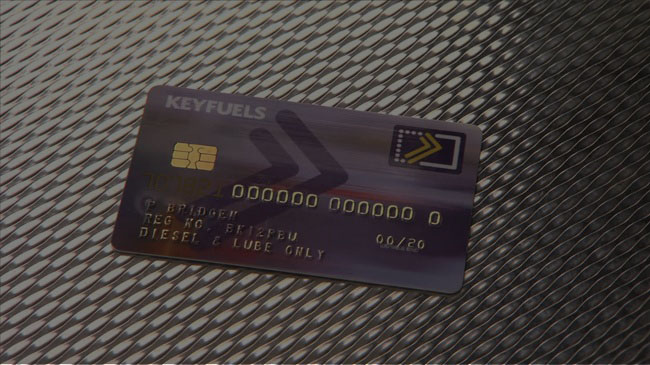Summary
Fuel theft within the road transport industry is claimed at 20% of all diesel purchased. Fuel cards in South Africa are Debit cards valid only at refilling stations by restricting their use to specific merchant category codes. Fleet operators within the road transport industry typically
use these cards to purchase fuel for their trucks and lighter transportation vehicles. Numerous scams and syndicates have come to light since the introduction of the fuel card whereby the cards are purposefully left at refilling stations and abused by the refilling station staff. On the
trucks return journey, the card is returned to the driver and the proceeds of the theft are shared between the driver and the third party.
The Problem
There is no way in which fuel cards can be controlled. The only security the cards possess is the signature of the cardholder, verified by the merchant. Since this scam involves corrupt staff at the merchant and the truck drivers themselves, there is no way to prevent this abuse or proactively identify it.
The Solution
DMG has implemented Tranwall TC at the issuer of the DMG card product, Tutuka, a company specializing in private label and prepaid MasterCard products. This implementation provides fleet owners with an effective and simple way to control their fuel cards. The card control that DMG has implemented provides truckers with the functionality to either disable, or enable their assigned cards for a limited time, for a limited transaction value automatically calculated by DMG, in limited locations, and thereby assuming full responsibility for that card and the associated transactions.
Cardholder Experience
Prior to the truckers performing a card-based payment, they are required to activate their assigned card by sending a specific SMS or USSD message on their mobile phone. With the integration of GPS information into the card enablement logic, cards will only be enabled if the fleet vehicle is at a filling station. Failure to activate the card prior to its use results in a message including the transaction value and the merchant name being sent via SMS to the cardholder informing them to first enable their card and then retry the transaction. Once the transaction has taken place, Tranwall TC automatically disables the card again ensuring the card is only enabled for the minimum required time. This automatic disablement of the card substantially narrows the window of opportunity for fraud. Should the driver purposefully leave his card with the abuser, the abuser will not be able to use the card as the driver or vehicle will not be present when its enablement is required.
Considerations
This Tranwall TC deployment relies on both the cardholder to activate the fuel card prior use, and API requests to both the Fleet GPS Tracking and the Fleet Management System.







